About Us
Overview
Large-scale natural hazards have struck frequently in various parts of the world and caused serious impacts on people’s everyday life, infrastructure systems and economic activities. To mitigate risks through damages and disruptions from natural hazards, we need to understand how community resilience and infrastructure resilience are interconnected with each other, what level of resilience our communities and infrastructures currently possess by assessing and analyzing them with proper measures and tools, and then design to enhance both infrastructure and community resilience.
The Infrastructure Resilience Framework (IRF) supports the engineering of resilient infrastructure systems. The IRF consists of eight key elements, identifies processes, tools and outcomes for system assessment, management, and governance, and incorporates planning, mitigation, designing, response, recovery, and reconstruction to create resilient networks in communities.
- Eight Key Elements
- 1Infrastructure Resilience Domain,
- 2Building and Lifeline System Performance or Functionality,
- 3System Service Provision and Operability,
- 4Continuity of Services,
- 5Social and Economic Activity
- 6Community
- 7Establish Community Performance Targets, and
- 8Define Infrastructure System Performance Targets
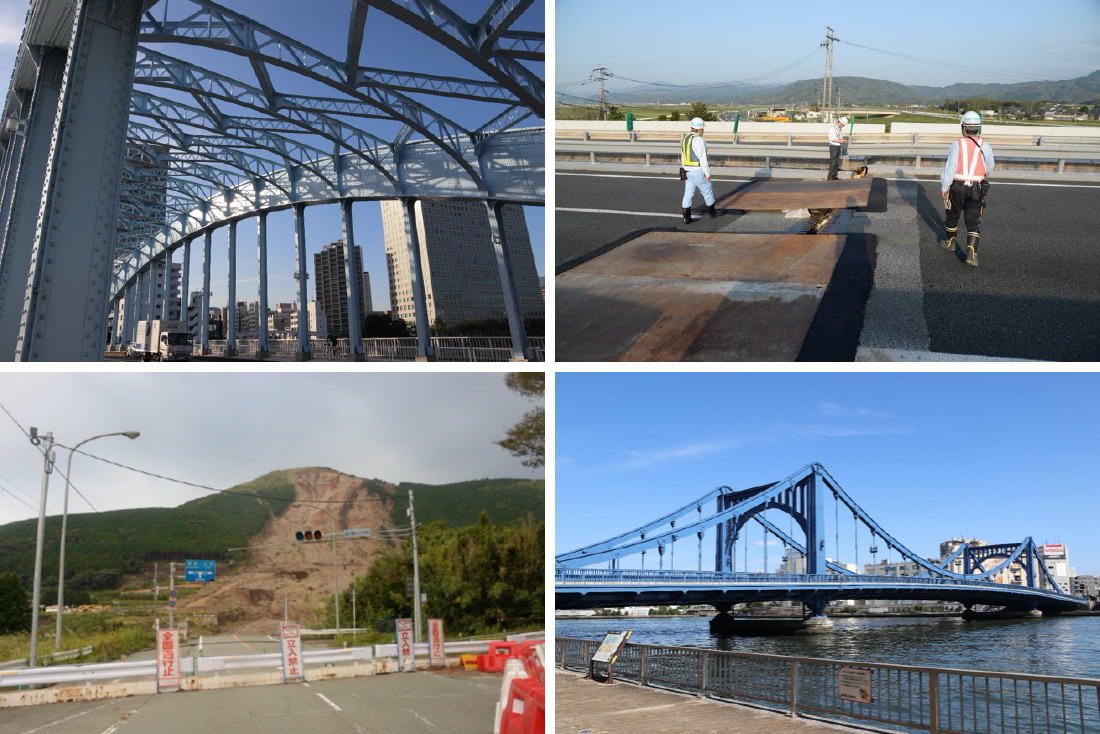
Infrastructure Resilience: A Framework for Assessment, Governance and Management
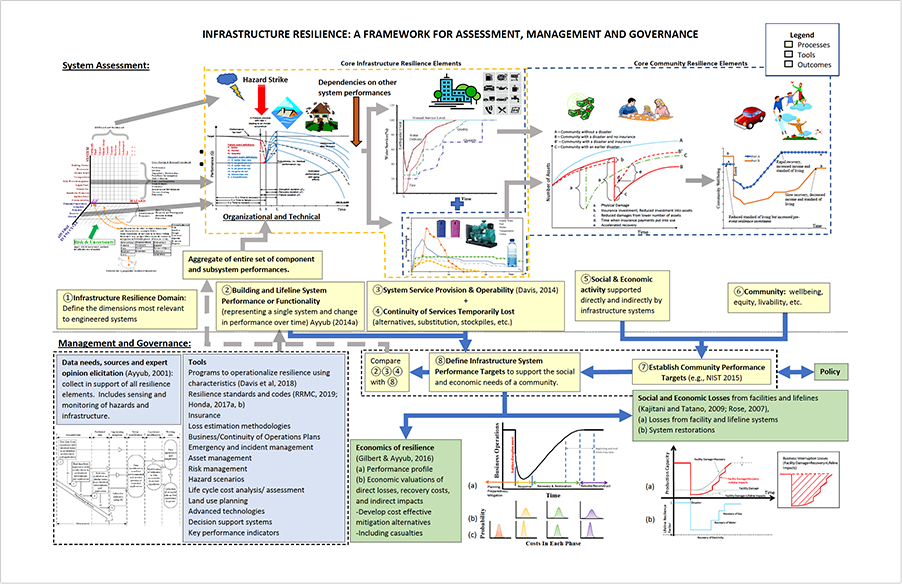
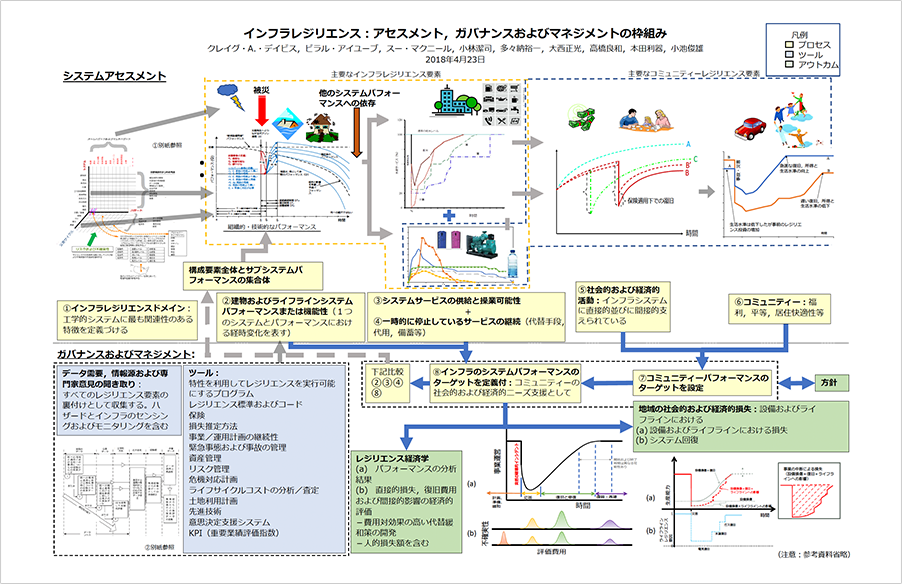
Activities
- 2022
- Early
“A Framework to Engineer Infrastructure Resilience through Assessment” will be released.
- January 31-February 11
ASCE Infrastructure Resilience
San Fernando Earthquake Conference- 50 Years of Lifeline Engineering (virtual)
- 2021
- September 27-October 2
17th World Conference on Earthquake Engineering in Sendai, Miyagi ※Hybrid
- June
“Hazard-Resilient Infrastructure: A Manual of Practice on Analysis and Design” is released.
- May 25
2021 Virtual Infrastructure Resilience Forum
- April
- April 14, 16, 28 & 30
Joint Japan-US Symposium on Assessment, Management and Governance for Infrastructure Resilience online
- March
Webpage opens
- February
ASCE Lifelines Conference 2021-2022 is postponed due to the outbreak of COVID-19.
- 2019
- December
JSCE-ASCE Meeting in LA
- September
Panel Discussion
- May
JSCE-ASCE Joint Symposium on Infrastructure Resilience at the JSCE HQ, Tokyo
- 2018
- October
Session on Infrastructure Resilience Framework at 2018 ASCE Convention in Denver, CO
- June
JSCE-ASCE Collaborative Research kick off
- 2017
- December
The 1st meeting of JSCE-ASCE Collaborative Research Group
Members
-
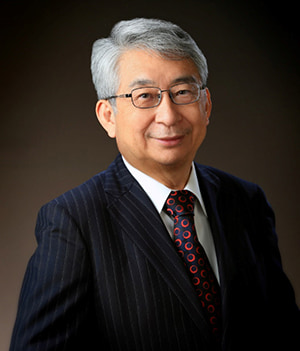
Kiyoshi Kobayashi
Graduate School of Management, Kyoto University
Infrastructure planning and management
-
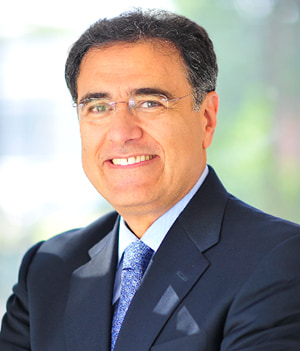
Bilal M. Ayyub
Dept, of Civil and Environmental Engineering, University of Maryland College Park
Risk, resilience, sustainability, uncertainty and decision analysis, applied to civil, infrastructure, energy, including renewables, defense and maritime fields and climate-resilient infrastructure
-
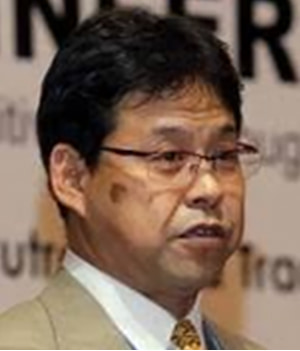
Hirokazu Tatano
Disaster Prevention Research Institute, Kyoto University
Disaster economic engineering, disaster risk management, disaster risk governance
-
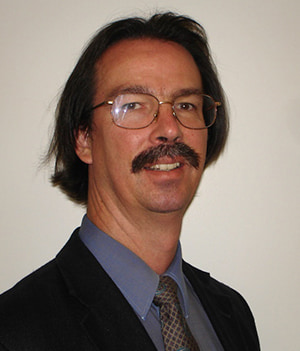
Craig Davis
C A Davis Engineering (Retired, Los Angeles Department of Water and Power)
Geotechnical and lifeline earthquake engineering
-
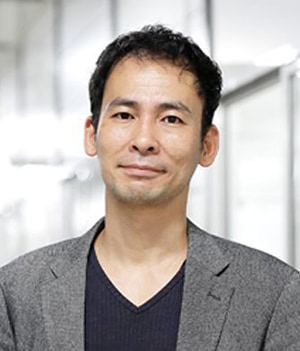
Toshio Fujimi
Disaster Prevention Research Institute, Kyoto University
Economic evaluation of disaster risk decisions, behavioral economics, decision analysis under uncertainty
-
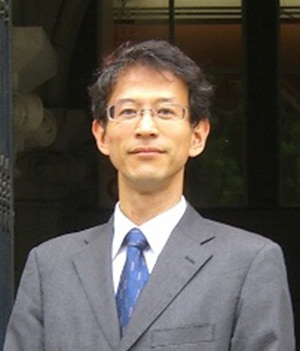
Riki Honda
Dept. of International Studies, Graduate School of Frontier Sciences, The University of Tokyo
Earthquake engineering, advanced seismic design methods, emergency management
-
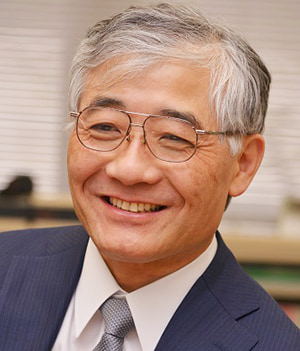
Toshio Koike
International Centre for Water Hazard and Risk Management under the auspices of UNESCO (ICHARM)
Hydro-meteorological variability and its impact on water resources, remote sensing and satellite hydrology, hydrological processes in the monsoon Asia and their predictability
-
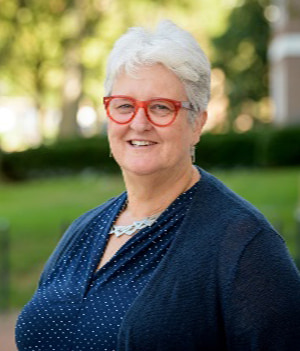
Sue McNeil
Dept. of Civil and Environmental Engineering, University of Delaware
Transportation asset management, impact of natural hazards and climate change, on physical infrastructure and asset management
-
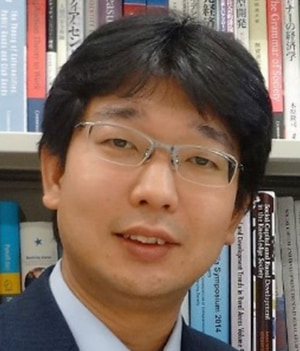
Masamitsu Onishi
Disaster Prevention Research Institute, Kyoto University, Center for the Promotion of Interdisciplinary Education and Research (C-PiER)
Infrastructure, institutional design, contract
-
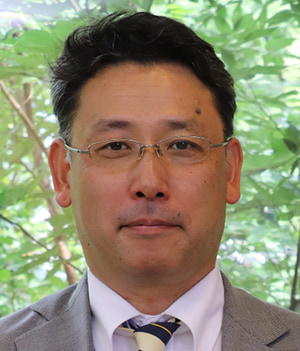
Yoshikazu Takahashi
Dept. of Civil and Earth Resources Engineering, Kyoto University
Earthquake engineering, bridge earthquake engineering, concrete structure
-
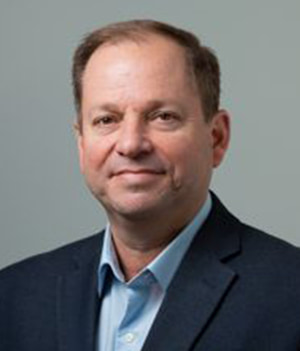
John W. van de Lindt
Dept. of Civil and Environmental Engineering, Colorado State University
Community and urban resilience, multi-hazards, performance-based analysis and design damage/loss modeling





